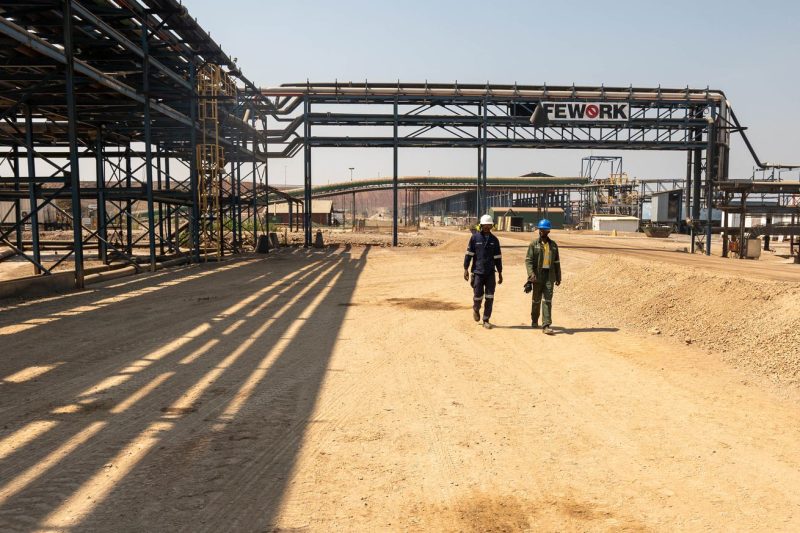The electric vehicle (EV) industry is often praised for its commitment to reducing carbon emissions and fostering a more sustainable future. However, beneath the surface of this green reputation lies a troubling issue that the industry is struggling to address – human rights abuses in the supply chain.
One of the key components in EV production is lithium-ion batteries, which rely on minerals such as cobalt, lithium, and nickel. These minerals are predominantly mined in countries with weak human rights protections, where labor conditions are often exploitative and dangerous.
In countries like the Democratic Republic of Congo (DRC), which is a major source of cobalt, miners – including children – work in hazardous conditions with little job security or access to basic necessities. Their work fuels the production of lithium-ion batteries, but at a grave cost to their well-being.
Multinational corporations that dominate the EV market are under pressure to address human rights abuses in their supply chains. While some companies have taken steps to improve transparency and traceability in their sourcing practices, many others still struggle to ensure that their products are free from human rights violations.
Activist groups and industry watchdogs have called for greater accountability and oversight in the EV supply chain. They argue that companies must go beyond mere compliance with regulations and take proactive steps to ensure that their operations do not perpetuate harm to vulnerable communities.
One proposed solution is the implementation of ethical sourcing standards that prioritize respect for human rights and environmental sustainability. By adopting these standards, companies can demonstrate their commitment to ethical business practices and set a positive example for the industry as a whole.
Furthermore, investing in local communities and supporting initiatives that promote responsible mining practices can help alleviate the social and environmental impact of mineral extraction. Companies can partner with local stakeholders to implement programs that improve working conditions, provide education and healthcare services, and protect the environment.
Ultimately, the EV industry must confront its human rights abuse problem head-on and work towards a more ethical and sustainable future. By prioritizing the well-being of workers and communities throughout its supply chain, the industry can uphold its commitment to environmental stewardship and social responsibility.
In conclusion, while the EV industry has the potential to drive positive change towards a more sustainable future, it must also reckon with the human rights abuses that pervade its supply chain. By embracing ethical sourcing practices, increasing transparency, and partnering with local communities, companies can address these challenges and build a more responsible industry that benefits both the planet and its people.


























